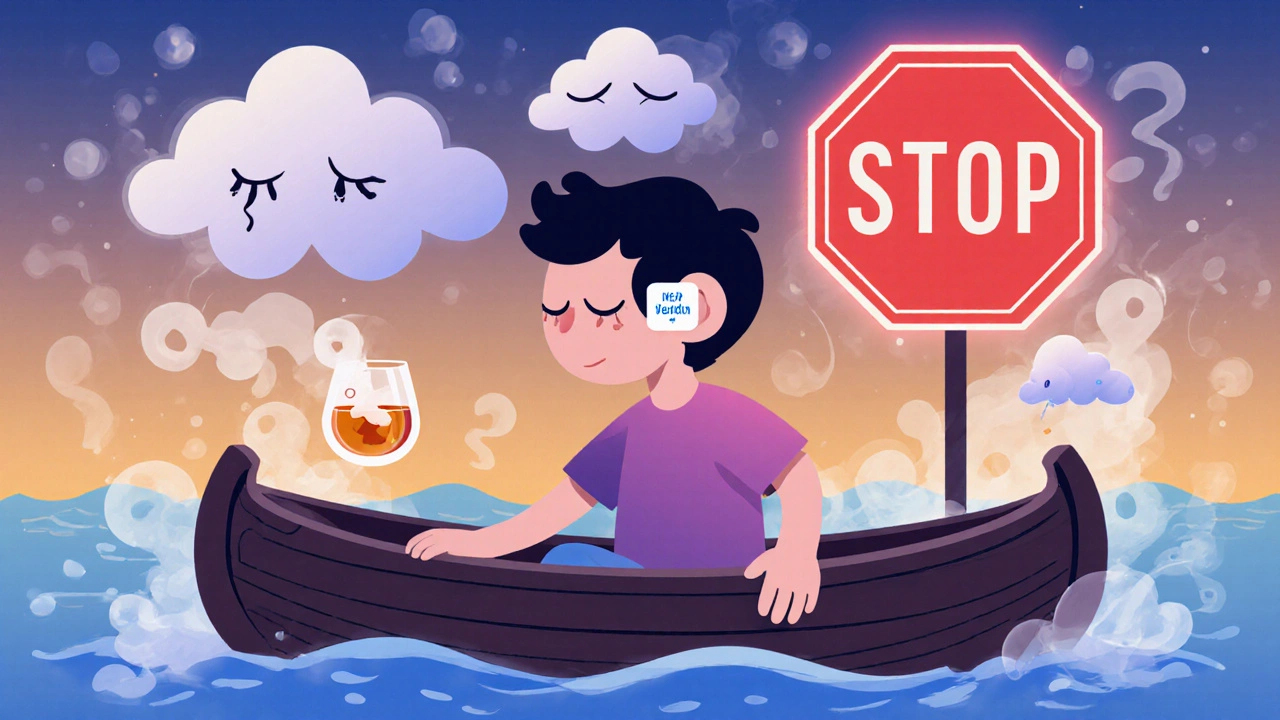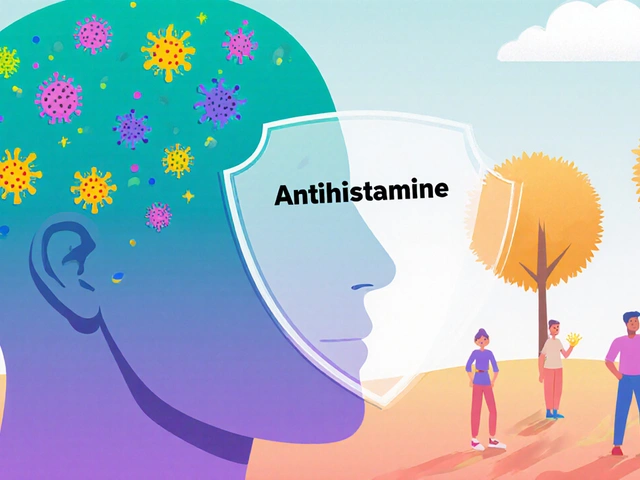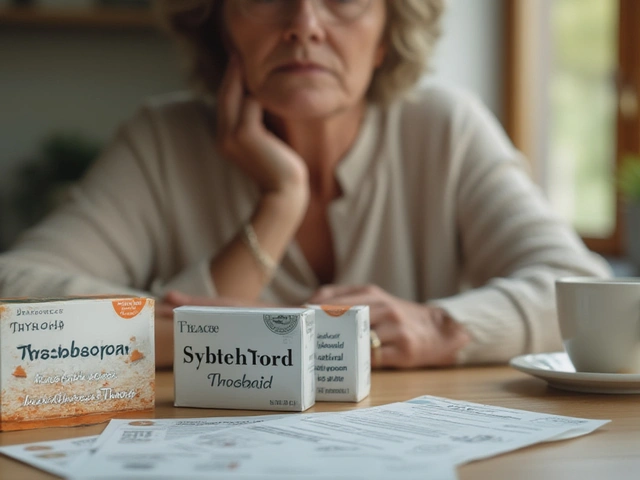adwdiabetes.com: Trusted Online Pharmacy for Diabetes Medications and Supplies
July 8 2025Motion Sickness: Causes, Remedies, and Medications That Actually Work
When your eyes say you’re still, but your inner ear feels you’re moving, your brain gets confused — and that’s when motion sickness, a common condition triggered by conflicting signals between your eyes, inner ear, and body. Also known as travel sickness, it hits hard during car rides, boat trips, or even VR games. It’s not just feeling a little queasy — it’s sweating, dizziness, vomiting, and wanting to crawl out of your skin. Millions deal with this every year, and most don’t know why it happens or what actually helps.
The real culprit? Your inner ear, a system of fluid-filled canals that detect head movement and balance. When you’re in a moving vehicle but looking at your phone, your eyes tell your brain you’re stationary. Your inner ear says otherwise. That mismatch sends panic signals to your nausea center. It’s not anxiety — it’s biology. And it’s not just for kids. Adults get it too, especially during long flights or rough seas. Some people never outgrow it. Others only get it under certain conditions — like reading in the backseat or flying with a cold.
Thankfully, there are proven ways to fight it. Over-the-counter pills like dimenhydrinate and meclizine block the signals that trigger nausea. Scopolamine patches, worn behind the ear, work for longer trips and are often more effective than pills. Even ginger — yes, actual ginger — has solid evidence backing it for mild cases. Some people swear by acupressure bands, while others find fresh air or focusing on the horizon makes all the difference. But not every remedy works for everyone. What helps your friend might do nothing for you.
And here’s the thing: motion sickness isn’t just about travel. It shows up in simulators, amusement park rides, and even some medical procedures. If you’ve ever felt dizzy after a VR headset session, you’ve experienced the same brain glitch. The good news? You’re not alone, and you don’t have to suffer through every trip. The right mix of prevention, timing, and medication can turn a miserable journey into a manageable one.
Below, you’ll find real-world guides on medications that treat nausea, how to use them safely, and what to avoid — especially if you’re managing other health issues like kidney disease, high blood pressure, or taking antidepressants that already affect your balance. No fluff. No guesswork. Just what works, what doesn’t, and how to make it work for you.
 30 Oct
30 Oct
Motion Sickness Medications: Scopolamine and Sedative Interactions
Scopolamine patches are the most effective treatment for motion sickness, but they cause strong drowsiness and can become dangerous when mixed with alcohol, sedatives, or CBD. Learn how to use them safely and avoid life-threatening interactions.
Read More...




